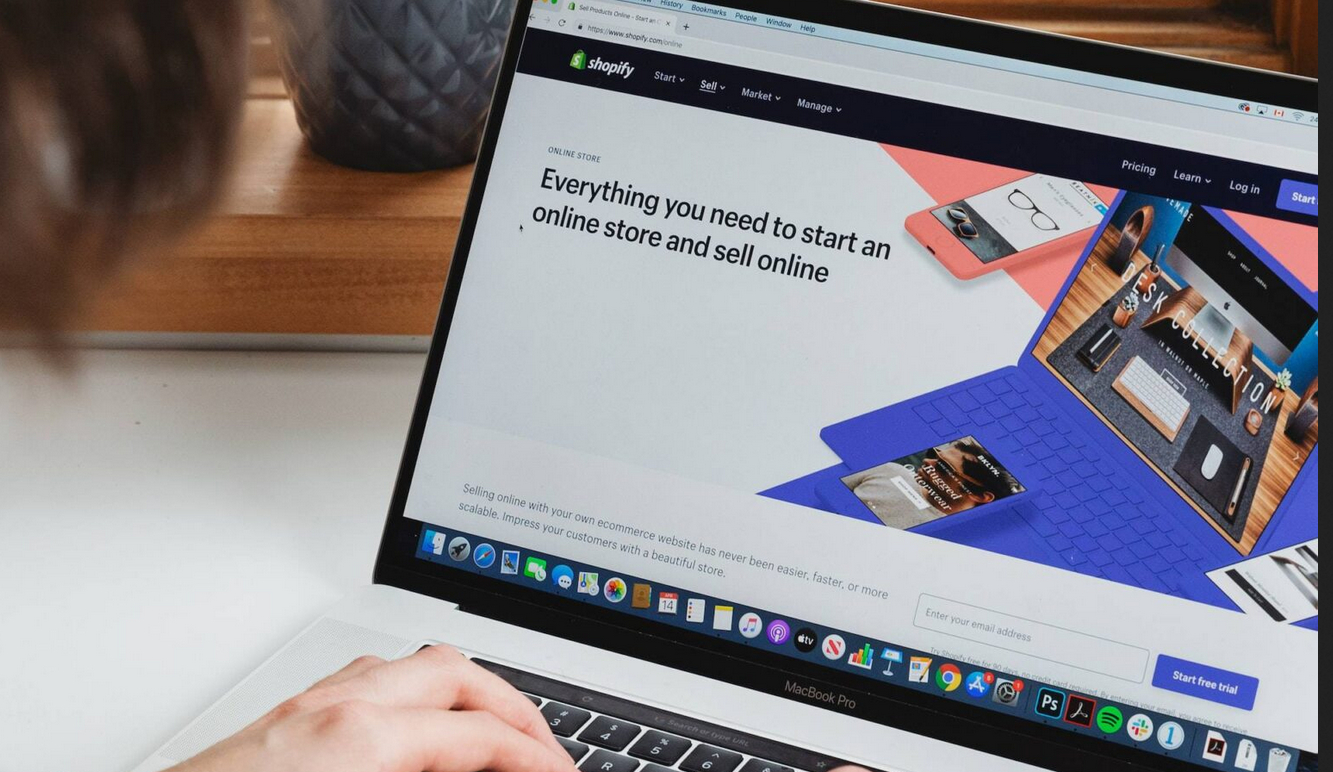Digital marketing is becoming increasingly important for travel and tourist businesses as more and more customers are turning to the Internet to research and book their trips.
Digital marketing plays a crucial role in the travel and tourism industry by helping businesses reach and engage with potential customers in new and innovative ways. Some of the key ways digital marketing is important for the travel and tourist industry include:
- Reach a global audience: Digital marketing platforms like Google AdWords and Facebook Ads allow travel businesses to create targeted ad campaigns that reach their ideal customers based on demographics, location, interests, and other factors. It allows travel and tourist businesses to reach a global audience, which can help to increase bookings and drive revenue.
- Cost-effectiveness: Digital marketing is often more cost-effective than traditional marketing methods, making it accessible for travel and tourist businesses of all sizes.
- Personalization: Digital marketing platforms like email and social media make it easy for travel and tourist businesses to create personalized campaigns that speak directly to the interests of individual customers.
- Building brand awareness: Digital marketing can help travel and tourist businesses to increase brand awareness by creating and sharing engaging content that highlights the products and services they offer.
- Increase bookings: Digital marketing can be used to create and promote special offers and discounts to increase bookings and drive revenue.
- Engage with customers: Digital marketing platforms like social media can be used to engage with customers and build relationships with them, which can help to increase loyalty and repeat business.
- Mobile optimization: With more and more people using mobile devices to book travel, travel and tourist businesses need to ensure their digital marketing campaigns are mobile-friendly to improve the user experience and increase conversions.
- Detailed analytics: Digital marketing campaigns can be easily tracked and measured, allowing travel and tourist businesses to see which campaigns are working and which are not, and adjust accordingly.
Overall, digital marketing is becoming increasingly important for travel and tourist businesses as it allows them to reach a global audience, increase bookings, and improve customer engagement. By leveraging digital marketing tools and techniques, travel and tourist businesses can stay ahead of the competition and grow their customer base.
What is the digital marketing strategy for travel businesses?
Digital marketing can be a powerful tool for travel businesses looking to reach new customers and drive bookings. Here are a few key strategies that can help:
- Search engine optimization (SEO): Optimizing your website for search engines can help ensure that it appears at the top of search results when potential customers are looking for travel-related information. This can be done by researching and using relevant keywords, creating high-quality content, and building backlinks from other reputable websites
- Social media marketing: Social media platforms like Facebook, Instagram, and Twitter can be great ways to connect with potential customers, share travel-related content, and drive bookings. Consider creating a social media presence for your business and regularly sharing engaging content that highlights your products and services.
- Content marketing: Creating and distributing high-quality content, such as blog posts, videos, and infographics, can help attract potential customers and establish your business as an authority in the travel industry. Consider creating a content marketing strategy that includes a mix of different types of content and a distribution plan to reach your target audience.
- Email marketing: Email is a great way to stay in touch with potential customers and keep them informed about new products, services, and promotions. Consider building an email list and sending regular newsletters, promotional emails, and other communications to keep your business top-of-mind.
- Influencer marketing: Partnering with influential people in the travel industry can help give your business credibility and reach a wider audience. Consider identifying influencers who align with your brand and work with them to create sponsored content or other marketing campaigns.
- Paid advertising: Pay-per-click (PPC) advertising, such as Google AdWords and Facebook Ads, can be a great way to get your business in front of potential customers quickly. Consider creating targeted ad campaigns that reach your ideal audience, and track your results to see what works best.
- Referral marketing: Encouraging satisfied customers to refer friends and family can be a cost-effective way to drive new bookings. Consider offering incentives or rewards for referrals, such as discounts or credit towards future bookings.
- Cross-selling and upselling: Once you have a customer, try to sell them additional products or services to increase the value of each transaction. Consider offering package deals or upgrades to increase the average order value.
- Mobile optimization: With more and more people using their mobile devices to browse the web, it’s important to make sure your website is mobile-friendly. This will ensure that it loads quickly and is easy to navigate on smaller screens, which will improve the user experience and increase the chances of a booking.
- Analytics: Keep track of your digital marketing efforts and measure the results. Use analytics tools to track website traffic, engagement, and conversions. Use this data to continually optimize and improve your digital marketing strategy.
Digital marketing can be a cost-effective way to reach new customers and drive bookings for travel businesses. By implementing a mix of different strategies, you can create a comprehensive digital marketing plan that helps you achieve your business goals.




